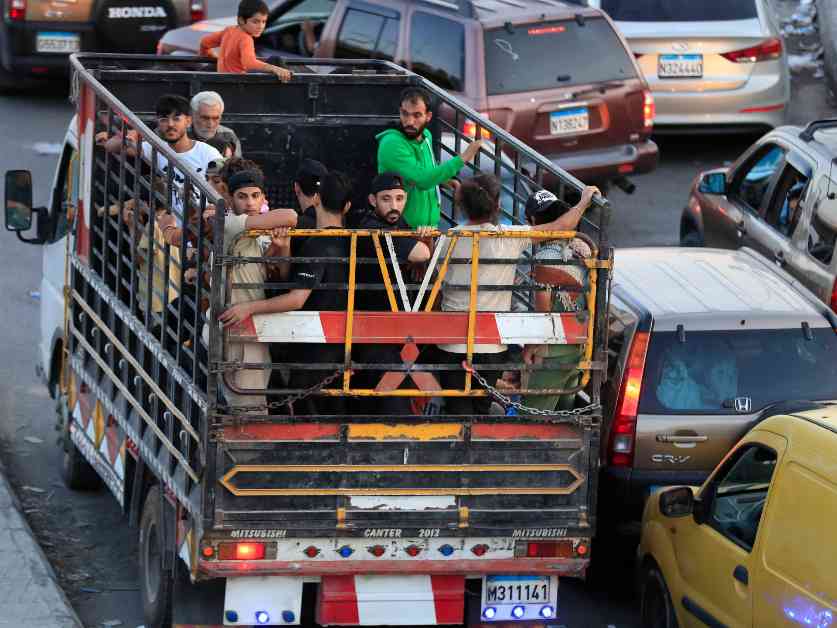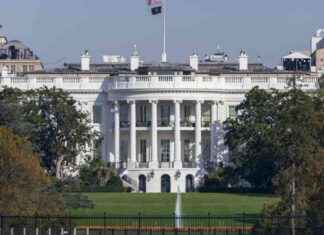World Leaders React to Israel’s Strikes on Lebanon: Calls for De-Escalation and Global Response
As tensions escalate in the Middle East following Israel’s devastating air strikes on Lebanon, world leaders are expressing grave concerns about the potential for a full-fledged war and urging all parties to work towards de-escalation. The attacks, which began on Monday and continued into Tuesday, have resulted in Lebanon’s highest single-day death toll since the end of the civil war in the 1990s.
The Impact of Israel’s Strikes on Lebanon
According to Lebanon’s Ministry of Health, the Israeli strikes have resulted in the deaths of 558 people, including 50 children and 94 women. Additionally, more than 1,600 individuals have been wounded in the attacks, which have targeted civilian sites across the country. The violence has forced tens of thousands of people to flee their homes in southern Lebanon, further exacerbating the humanitarian crisis in the region.
United Nations Calls for De-Escalation
United Nations Secretary-General Antonio Guterres has expressed deep alarm over the escalating situation along the Blue Line, the demarcation line separating Lebanon from Israel and the occupied Golan Heights. He has emphasized the need to protect civilians in both southern Lebanon and northern Israel, as well as UN staff in the affected areas. UNICEF head Catherine Russell has also highlighted the dangerous escalation of violence, particularly its impact on children, who are experiencing alarming levels of psychological distress due to displacement and the ongoing attacks.
Iran’s Response to Israel’s Actions
Iran, a key ally of Lebanese group Hezbollah, has accused Israel of provoking a conflict with irreversible consequences. President Masoud Pezeshkian has emphasized Iran’s desire for peace and warned against allowing Lebanon to become another Gaza at the hands of Israel. The Iranian Ministry of Foreign Affairs has condemned Israel’s strikes as insane and warned of the dangerous consequences they may have in the region.
Global Calls for De-Escalation
Jordan, Egypt, Qatar, Saudi Arabia, and the United Arab Emirates have all called for an immediate de-escalation of the conflict and emphasized the importance of respecting Lebanon’s sovereignty. The Group of Seven (G7) has warned of the destructive cycle of violence that could lead to a broader regional conflict with unimaginable consequences, while the United Kingdom, France, Belgium, and Greece have all called for an end to the strikes on both sides of the border.
United States and Russia’s Stance on the Conflict
The United States, which has sent billions of dollars in weapons to Israel, is working towards de-escalating the situation and has deployed additional troops to the region in response to the developments in Lebanon. President Joe Biden has emphasized the importance of allowing people to return home safely and has met with leaders from the UAE to discuss the ongoing crisis. Meanwhile, Russia has expressed concerns about the potential destabilization of the region and the risks posed by the conflict between Israel and Hezbollah.
Civilian Impact and Humanitarian Concerns
Save the Children has highlighted the devastating impact of the conflict on children, who are forced to flee their homes and are experiencing fear and trauma as a result of the ongoing violence. The UK-based organization has emphasized the urgent need for a ceasefire to end the suffering of children and families in the region. Democracy for the Arab World Now has condemned Israel’s actions as belligerent and has called for an end to the cycle of violence to pave the way for peace in the region.
Conclusion
As world leaders and humanitarian organizations continue to express their concerns over the escalating conflict between Israel and Lebanon, the need for immediate de-escalation and a ceasefire becomes increasingly urgent. The international community must work together to address the root causes of the crisis and prevent further loss of life and displacement in the region. Only through diplomatic efforts and a commitment to peace can the people of Lebanon and Israel find a path towards stability and security.



























